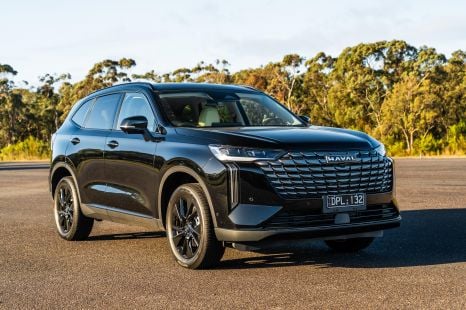

Josh Nevett
2025 GWM Haval H6 review
1 Month Ago
The Toyota C-HR GR Sport brings welcome spice to the world of crossover SUVs, as well as an unwelcome price tag.
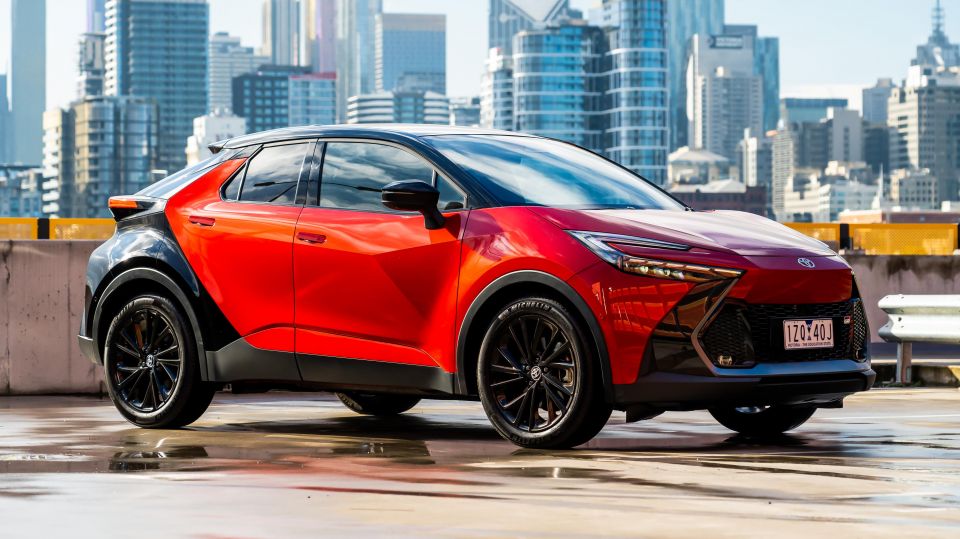
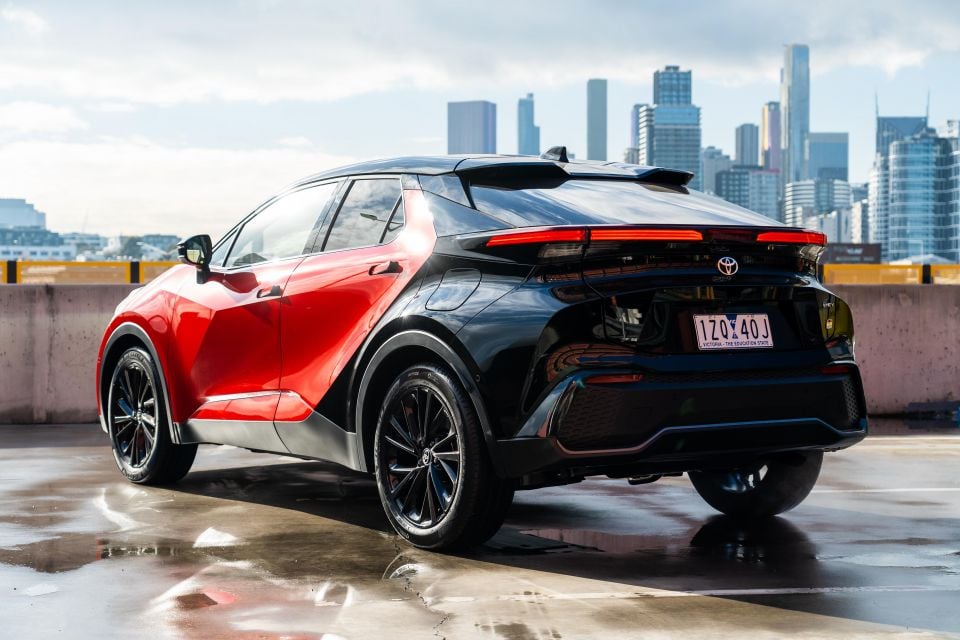

Quickly see how this car stacks up against its competition. Select any benchmark to see more details.
Where expert car reviews meet expert car buying – CarExpert gives you trusted advice, personalised service and real savings on your next new car.
There are few more striking SUVs on the road than the Toyota C-HR.

Breaking Toyota’s modus operandi of producing safe, palatable cars for the mass market, the original C-HR turned the humble Corolla into a futuristic, exciting crossover with immediate payoff.
Toyota sold 53,271 first-generation cars in Australia, and the second coming is made of the same stuff. With two-tone paint, sharp edges, and a low sloping roofline, the new car looks genuinely sporty.
So, it’s only fitting the flagship GR Sport grade goes a step further, adding interior bits straight out of the Toyota’s performance catalogue. A recipe for success, right?
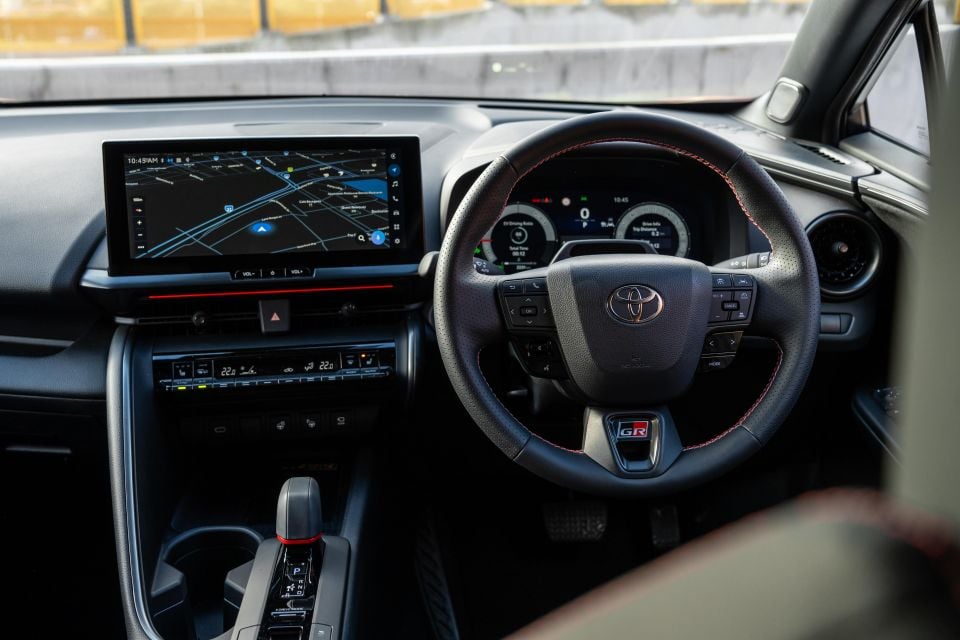
Maybe not. The GR Sport commands a $12,000 premium over the base C-HR, and you won’t find a motorsport inspired powertrain under the bonnet.
Where does that leave the new C-HR GR Sport? Is it new-school cool, or has it strayed too far from the original formula?
The second-generation C-HR is a more expensive proposition than the first, and you won’t get any change from $60,000 for the flagship GR Sport on test here once on-road costs are considered.
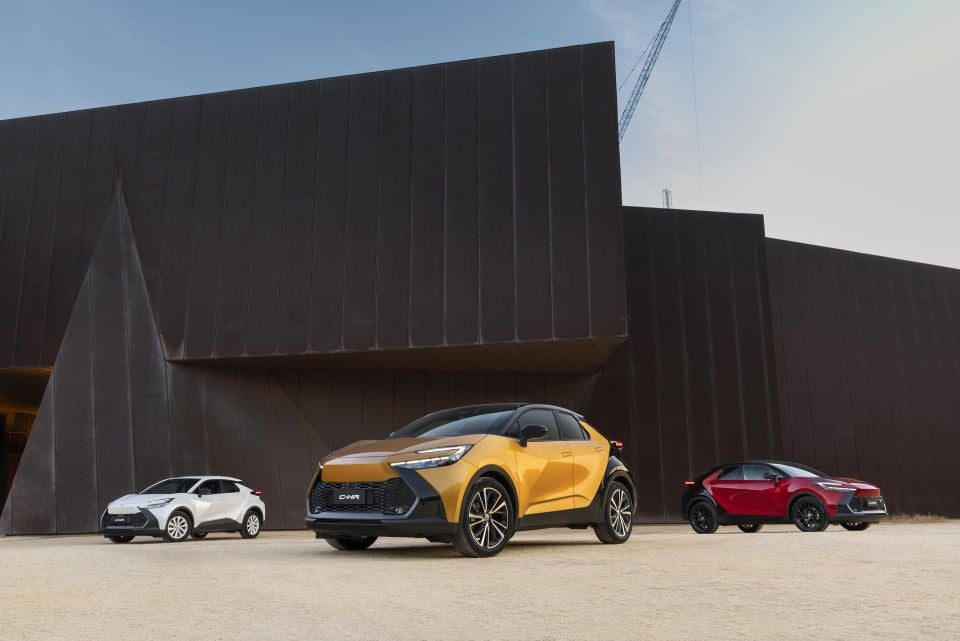
| Model | Price before on-road costs |
|---|---|
| 2025 Toyota C-HR GXL 2WD | $42,990 |
| 2025 Toyota C-HR Koba 2WD | $49,990 |
| 2025 Toyota C-HR GR Sport AWD | $54,990 |
To see how the C-HR lines up against its rivals, check out our comparison tool.
Buy your new car without the stress. It's fast, simple and completely free.

Great service from Travis and team, second time I have used this business would not hesitate to recommend them to anyone
Craig C.
Purchased a Ford Ranger in Sunshine Coast, QLD
CarExpert helped Craig save $7,224 on his Ford Ranger, now let us save you on your next new car.
Get your BEST priceYou pay a pretty penny to upgrade from a base C-HR to the top-spec GR Sport, and that spend is on full display inside the flagship’s cabin.
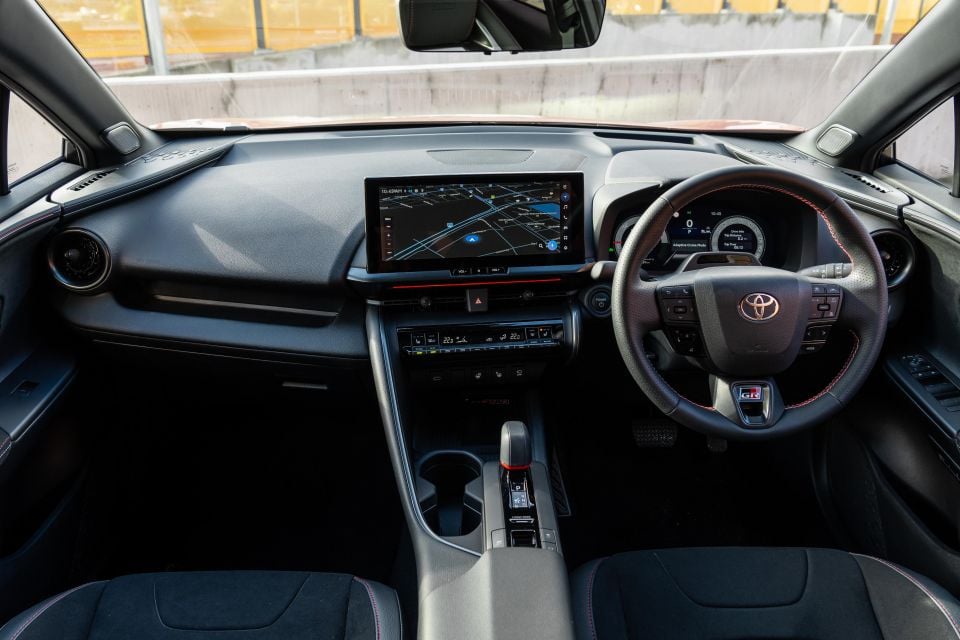
No matter which way you look, materials have been upgraded to give the sporty range-topper a premium feel, and I would argue that ploy has worked.
Gone are fabric seats and drab colours, replaced by a GR-themed interior packed with suede, leather, and red accents. All three feature on the sculpted front seats, which come with the GR logo embossed in the headrest.
Different from other variants in both design and shape, the chairs provide plenty of grip and hug you tight, falling on the firm side when it comes to cushioning.
Both front seats have three-stage heating and the driver’s pew offers electric adjustment. The inclusion of a heated steering wheel is a welcome luxury fit for cold winter mornings.
You can easily set a low slung driving position for ‘spirited’ driving, or opt for a more elevated setup.
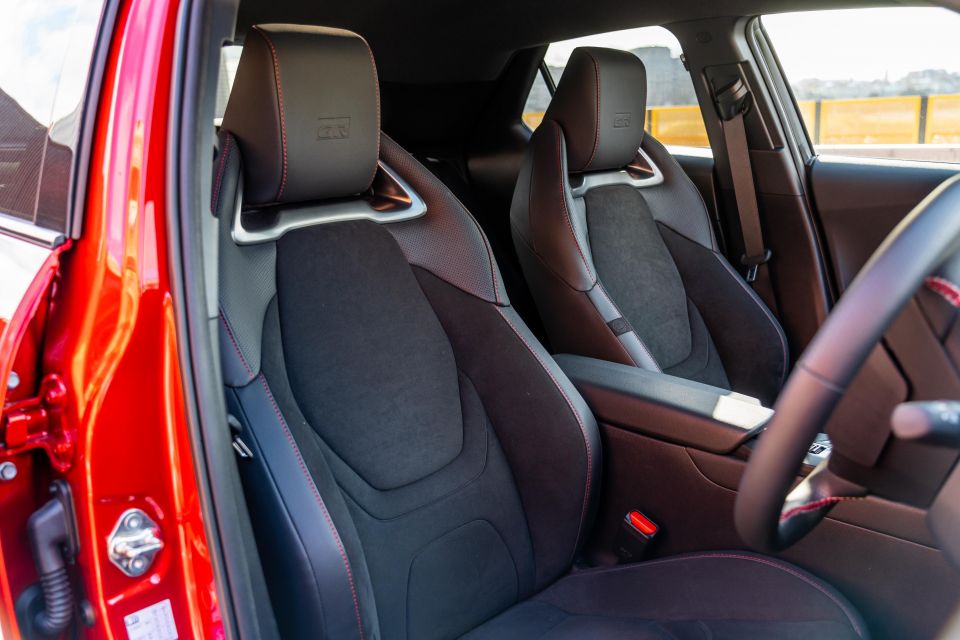
Surfaces around the rest of the cabin feel equally upscale. Front door cards get the suede treatment, while the gear selector and steering wheel are trimmed in supple leather.
Soft plastics cover the dash and centre armrest, and the harder plastics used in economy cars are in short supply.
The C-HR also offers a competitive array of interior tech. A 12.3-inch touchscreen infotainment system is shared across the range, and it ticks a lot of boxes.
Angled towards the driver, the screen is easy to see and just as simple to use.
I took advantage of wireless Apple CarPlay, although Android users will need to use a cable. A USB-C outlet is located under the climate control panel for this purpose.
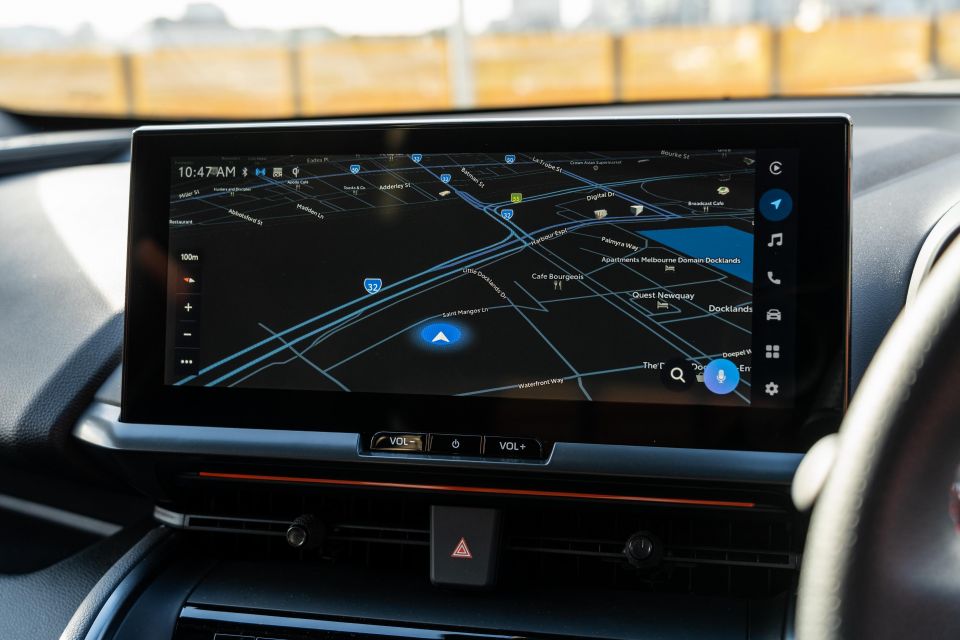
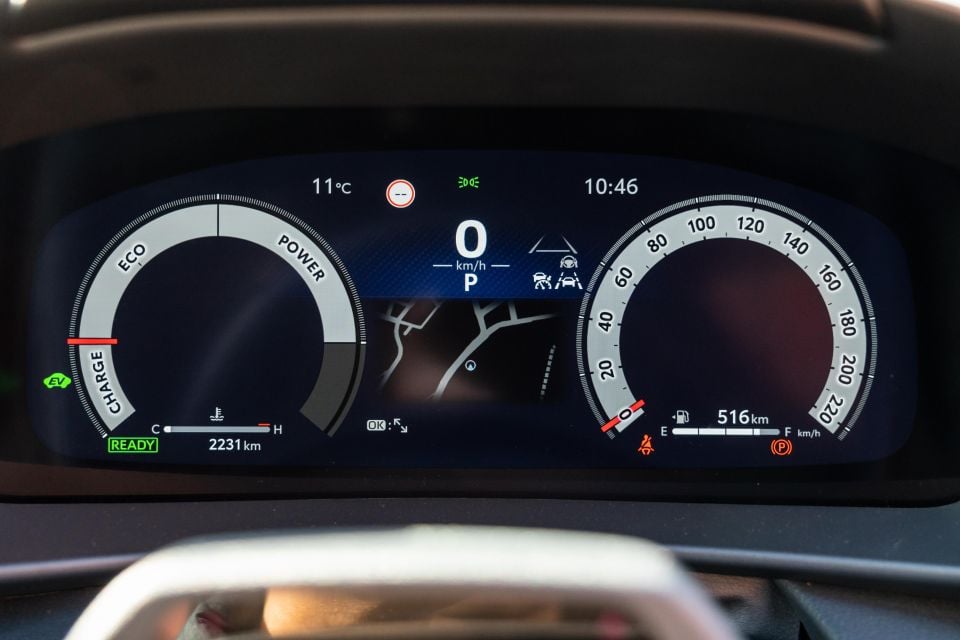
The infotainment system hooked up to my phone every time without fault, providing a crisp mirrored display that responded quickly to touch inputs.
The native menus and navigation system lack detail, but that’s easy to forgive considering the simplicity and excellent ergonomics on offer.
Simple yet effective is a description that applies to the 12.3-inch digital instrument cluster. It’s mildly customisable and easy to read, with all the normal readouts as well as a visualisation of the petrol/electric drive split.
A little cartoonish, sure, but function over form is okay here considering the rest of the GR Sport has been hit with the design stick. Rounding out the suite of interior tech is a colour head-up display, fitted as standard to the Koba and GR Sport.
As with the infotainment screen, the physical climate control toggles are well within reach and pleasingly tactile compared to the haptic buttons and screen controls in other modern cars.

In addition to clever ergonomics, the C-HR features a range of thoughtful storage solutions for front row occupants.
The centre console, door bins, and glovebox are all large for the segment, and there’s an extra storage tray above the glovebox fit for phones, wallets, and the like.
A central wireless charging tray offers similar convenience for the driver.
While it’s all plush and spacious up front, the same can’t be said for the second row.
In my normal driving position the seat behind would only comfortably accomodate a child or small adult. ISOFIX and top-tether points strengthen the C-HR’s case as a small family car.
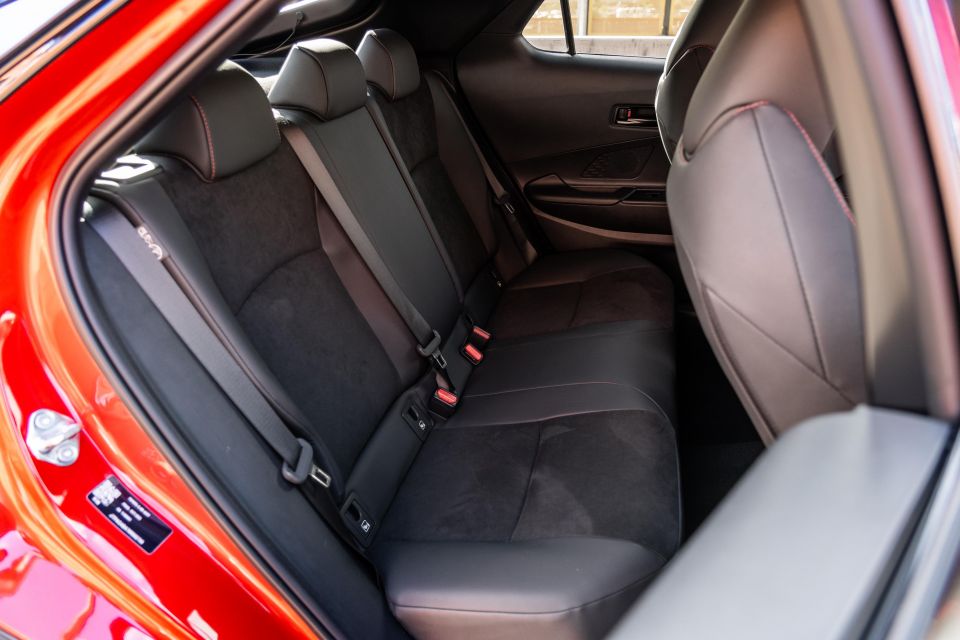
The seat backs are soft, which is gentle on pressing knees, but that doesn’t mask the lack of legroom.
Headroom is equally compromised. Anyone measuring over six feet tall will find their head touching the ceiling, due in part to the sexy sloping roofline of the C-HR.
The GR Sport has a glass roof which lets some light into the cabin, but dark headlining and small windows make the back feel extra tight regardless.
Storage space is at a premium too. Second row passengers have access to a single map pocket, but no door bins or centre armrest. Cupholders are housed within each door.
Rear passengers are also forced to fight over one USB-C outlet, which is bound to cause an argument or two, and the absence of rear air vents is a letdown.
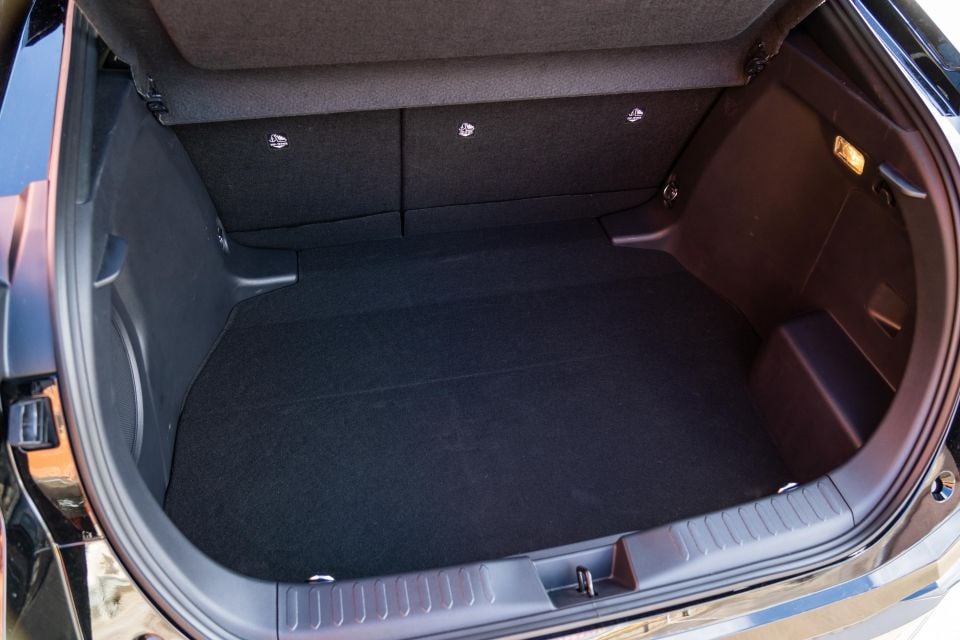
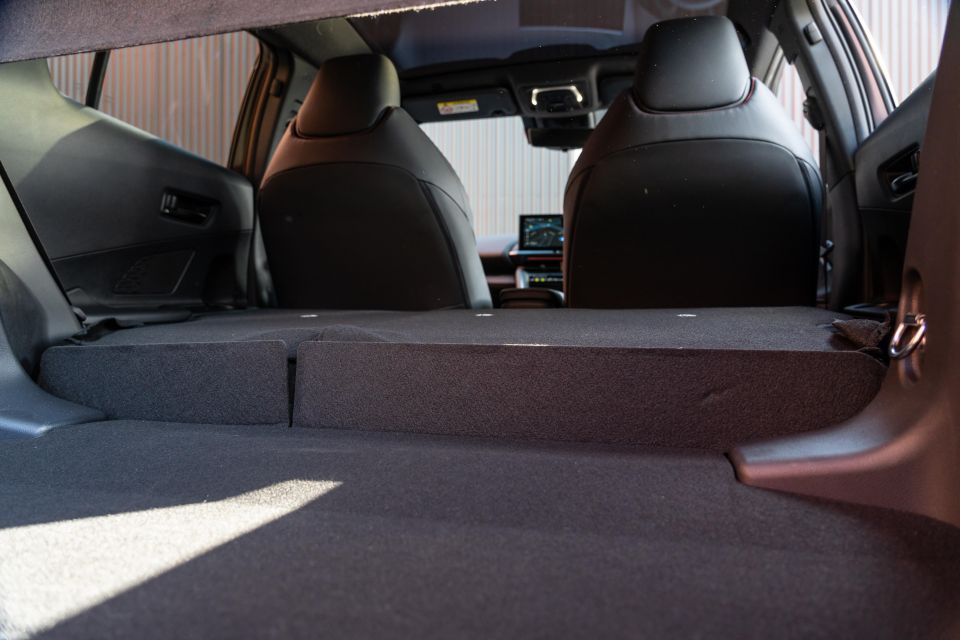
It’s not like you get extra cargo room in return for the cramped second row, either.
The C-HR GR Sport has a claimed 362L of boot space, less than rivals from Mazda, Hyundai, Alfa Romeo, Volkswagen, and Cupra.
The aperture has a high load lip and isn’t particularly large, which amps up the difficulty of loading items, despite the GR-S sporting a powered tailgate.
More space can be accessed by folding the second row seats (60/40 split), boosting total boot storage to 1134L, although there’s a tricky step between the boot floor and folded seat backs.
| Dimensions | Toyota C-HR GR Sport |
|---|---|
| Length | 4360mm |
| Width | 1830mm |
| Height | 1564mm |
| Wheelbase | 2640mm |
| Cargo capacity | 362 litres (5 seats) 1134 litres (2 seats) |
To see how the C-HR lines up against its rivals, check out our comparison tool.
Two hybrid powertrains are offered in the new C-HR, and this GR Sport combines a larger 2.0-litre petrol engine with a pair of electric drive motors.
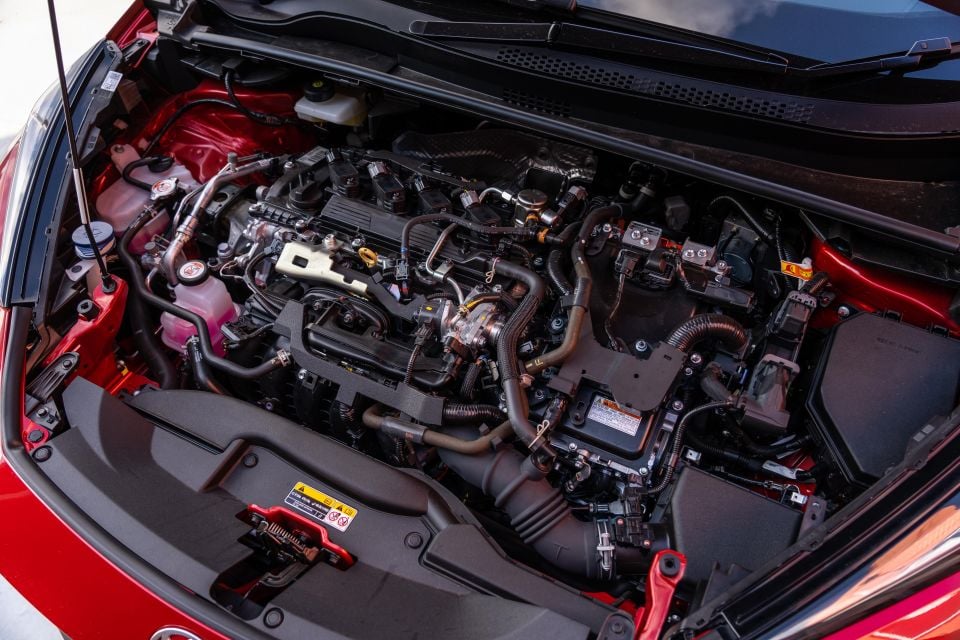
| Specifications | Toyota C-HR GR Sport |
|---|---|
| Engine | 2.0L 4cyl petrol HEV |
| Engine outputs | 112kW/188Nm |
| Electric motor outputs | 83kW/206Nm |
| System outputs | 145kW |
| Battery | 4.08Ah lithium-ion |
| Transmission | 7-speed CVT |
| Driven wheels | All-wheel drive |
| Weight | 1575kg |
| Fuel economy (claimed) | 4.1L/100km |
| Fuel economy (as tested) | 5.4L/100km |
| Fuel tank capacity | 43L |
| Fuel requirement | 91 RON |
| CO2 emissions | 94g/km |
| Emissions standard | Euro 5 |
| Braked tow capacity | 725kg |
A plug-in hybrid version is available in Europe, upping combined outputs to 164kW with a claimed electric range of 64km. However, at this point we’re unlikely to see it as an option Down Under at least in the short-term.
To see how the C-HR lines up against its rivals, check out our comparison tool.
Toyota is far from the first brand to offer mildly enhanced versions of standard models with performance division branding (think Audi S line and BMW M Sport), but I’m not sure that the GR Sport moniker quite fits this C-HR.
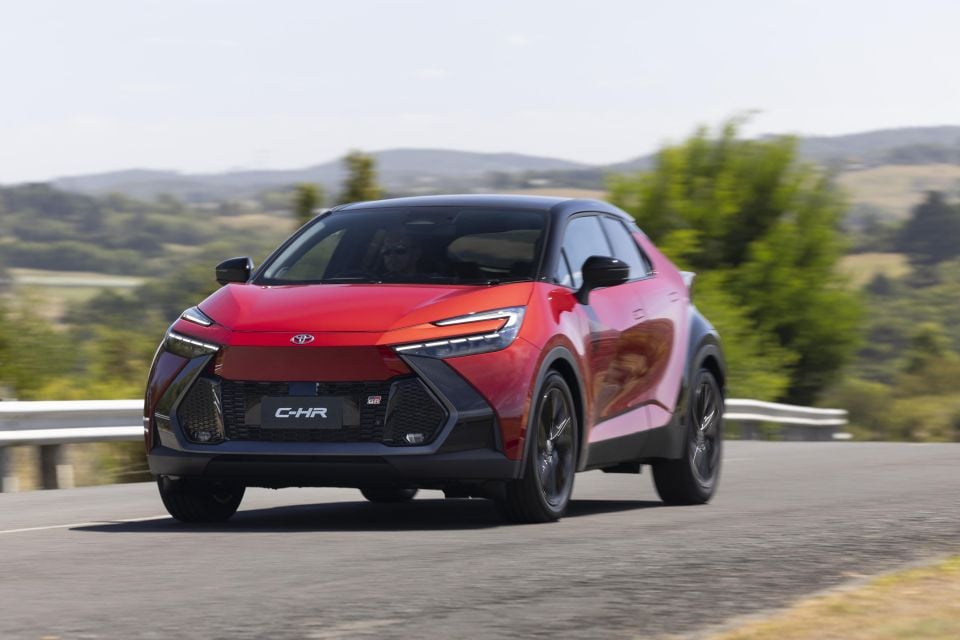
It’s a fun city steer for sure, with direct and accurate steering, a responsive brake pedal, and small car handling dynamics.
In urban settings the GR Sport darts around with a sense of urgency – it changes direction on a dime and isn’t long or wide enough to feel oversized in tight laneways.
Sporty cabin upgrades enhance the experience. As previously mentioned, the leather and suede seats sit just low enough and hug you tight, while the chunky leather steering wheel is a pleasure to turn.
The C-HR is also easy to park at busy shopping centres, with manageable dimensions and a surround view camera with the ability to display a virtual walk around of the car that’s handy for spotting hidden hazards.
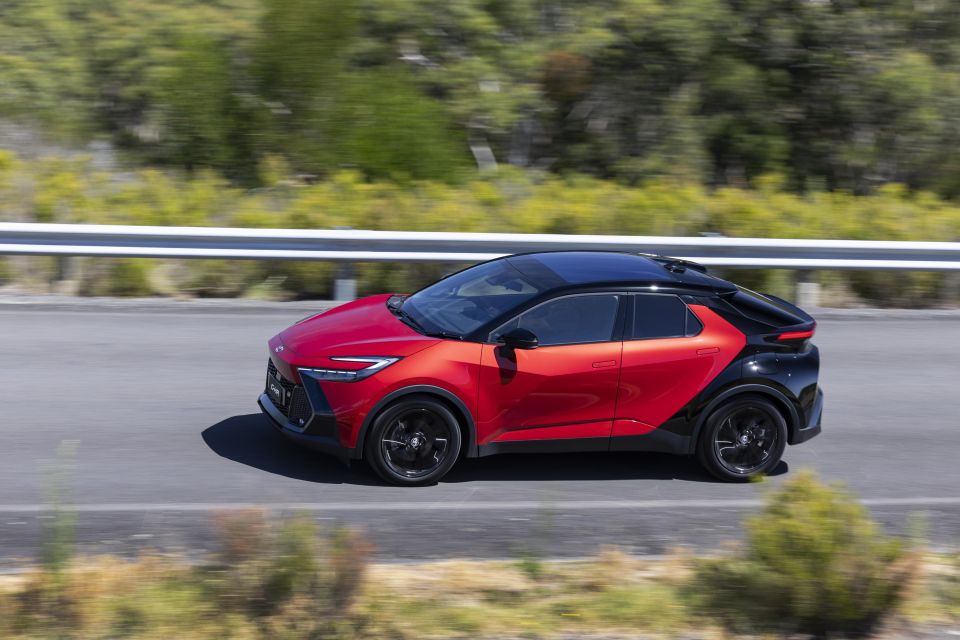
With that said, during testing there was one occasion where the rear-cross traffic alert system falsely triggered as I attempted to park in my garage.
Aside from the interior upgrades, all the above points also apply to the cheaper GXL and Koba C-HR variants. And owners are unlikely to confine this bubbly little crossover to city crossings and suburban errands.
That brings me to the powertrain. Everything from the loud exterior styling to the GR-branded seats and elevated price tag suggests that the top-spec C-HR will be a truly sporty drive. It’s not, due to what’s under the bonnet.
The C-HR GR Sport is powered by a 2.0-litre four-cylinder engine producing 112kW of power and 188Nm of torque, working in tandem with a pair of electric motors on the front and rear axles. Total system output is 145kW, sent to all four wheels through a continuously variable transmission (CVT).
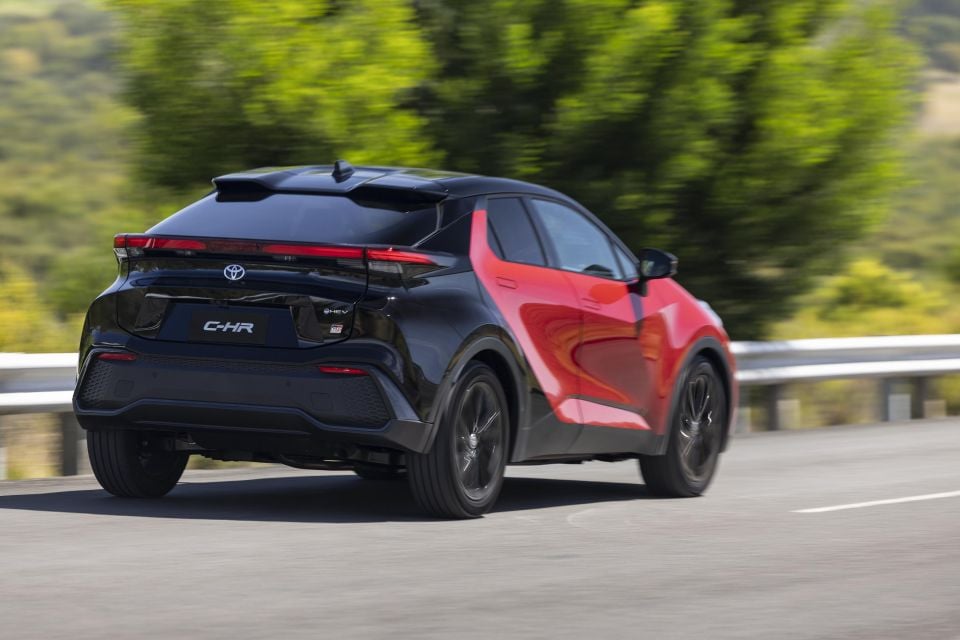
Where expert car reviews meet expert car buying – CarExpert gives you trusted advice, personalised service and real savings on your next new car.
That’s 42kW more than you get in 1.8-litre examples; a significant upgrade. Paired with electrified AWD, the GR Sport is quicker off the line with a claimed 0-100km/h sprint time of 8.0 seconds.
However, the gearbox remains unchanged. CVT transmissions are known for many things, but driving engagement isn’t one of them. The C-HR lazily shifts through artificial ‘gears’ without the option of driver input, as you won’t find shift paddles or a manual mode.
Behind the wheel it just feels like an uninspiring, consistent wave of adequate shove, without the quick shifts of a Volkswagen DSG dual-clutch auto.
When driving with a heavy right foot noise levels also increase in the C-HR, so it’s best to enjoy the crisp handling without pushing the powertrain.
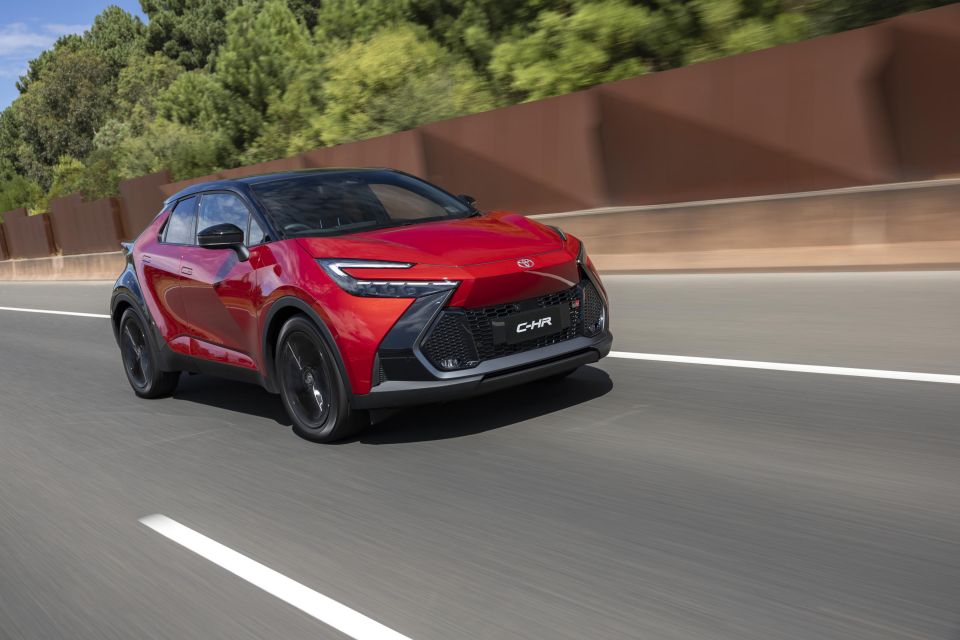
It’s a better package traversing peak-hour traffic at lower speeds, or cruising silently in EV mode. Fuel economy also benefits in these situations – we saw an average of 5.4L/100km throughout this test, a strong return for the segment.
The C-HR performs well as a highway cruiser with plenty of useful driver assists.
Toyota’s semi-autonomous highway assistant is easy to activate, effectively centres the car in a lane, and adjusts to the flow of traffic without the need for driver interference. When a traffic jam materialises, auto-hold is on hand to take a load off your right foot.
All variants of the C-HR also come standard with blind-spot monitoring and rear cross-traffic alert, both important features in a coupe SUV like this with limited rear visibility.
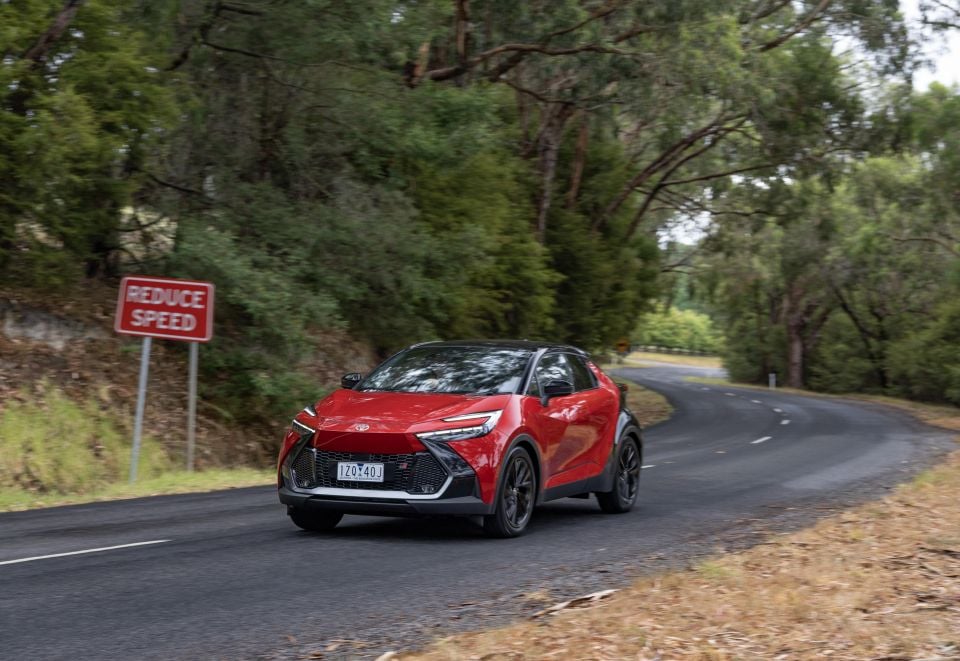
The suite of well-calibrated assist systems contributes to what is a relaxing drive on open roads, especially given how settled the ride is. You feel ruts in the road more than you would in a larger SUV, but the C-HR is never crashes over bumps and potholes.
Pulling off the highway onto twisty country roads, the C-HR again excels from a handling perspective – it’s eager to carve up corners and displays minimal body roll.
Again though, the hybrid system doesn’t encourage you to push the car hard. Lesser variants offer the same set of strengths for less money.
Whether you’re journeying cross-country or taking on a twisty backroad the GR Sport remains refined, serving up acceptable levels of road noise without ever getting raucous.
Three trim levels have been carried over from the previous generation C-HR – GXL, Koba, and GR Sport. The GR Sport now serves as the flagship, rather than sharing that title with the Koba as was the case with the previous generation.
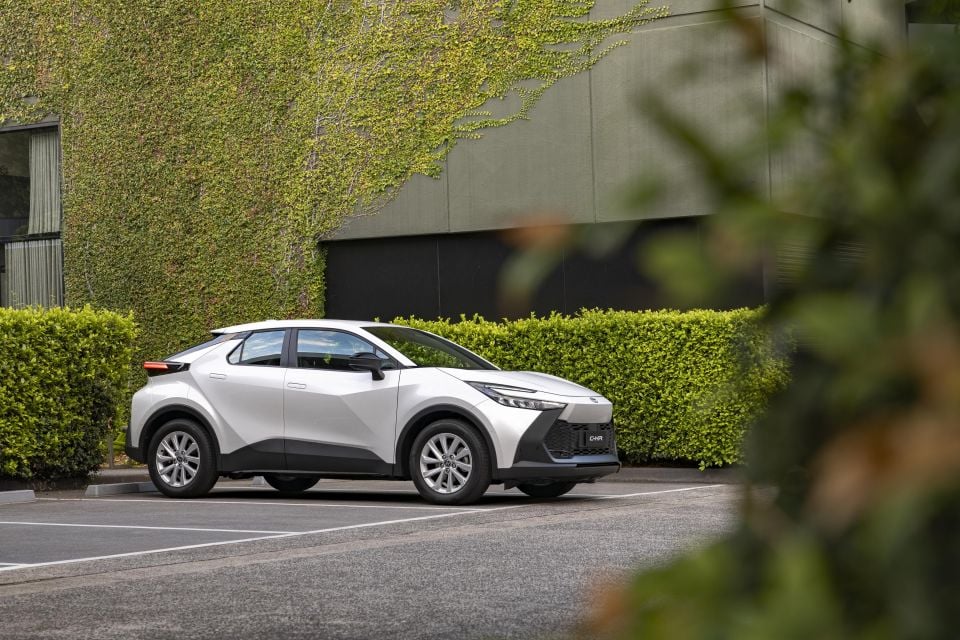
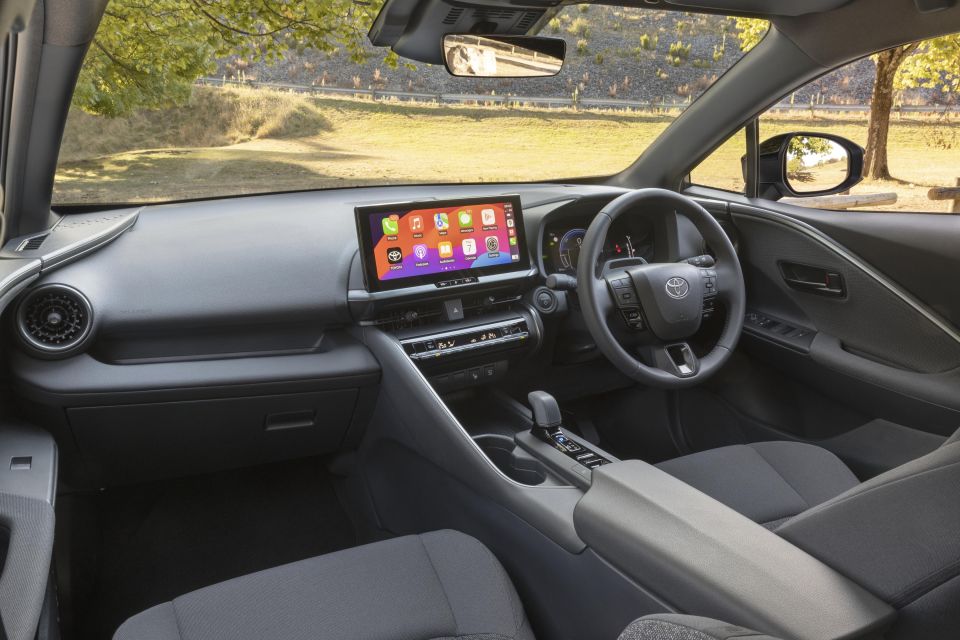
C-HR GXL highlights:
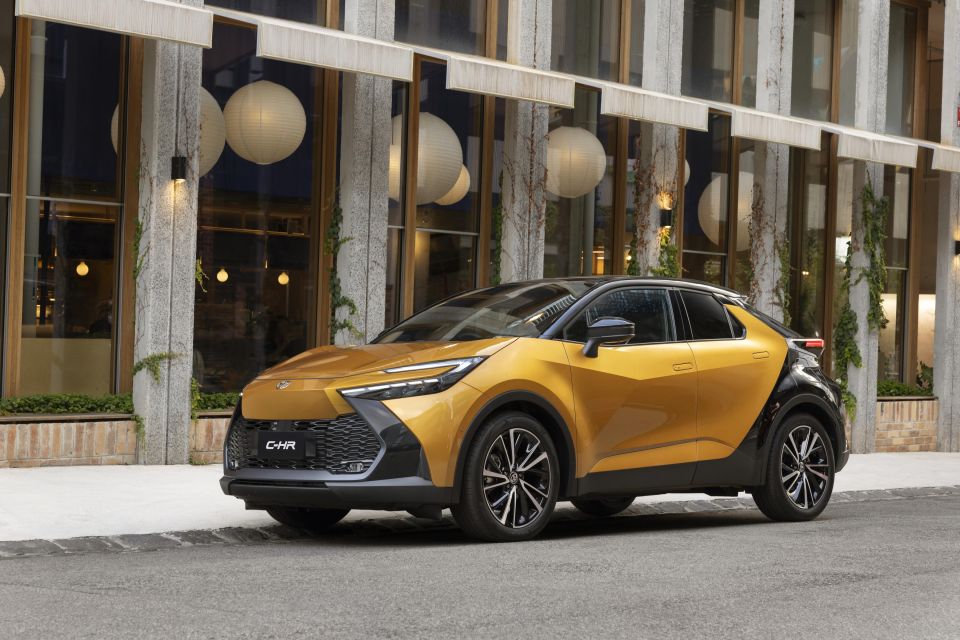
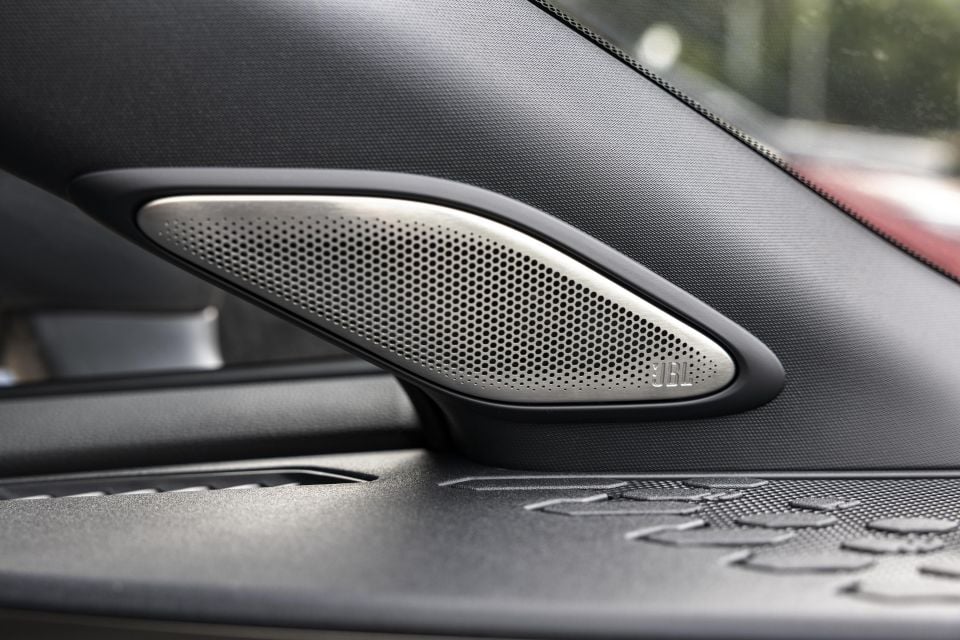
C-HR Koba adds:
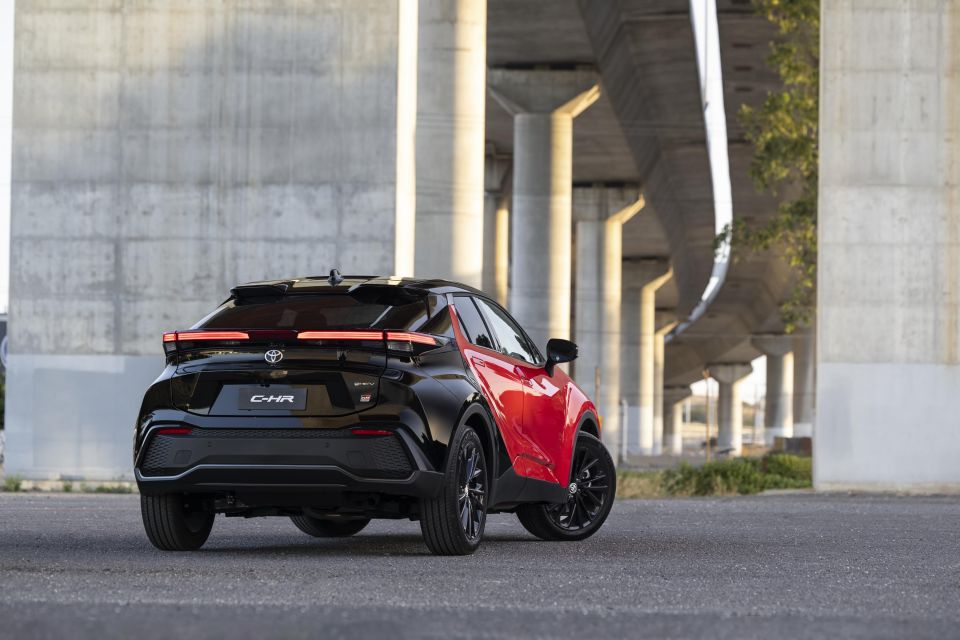
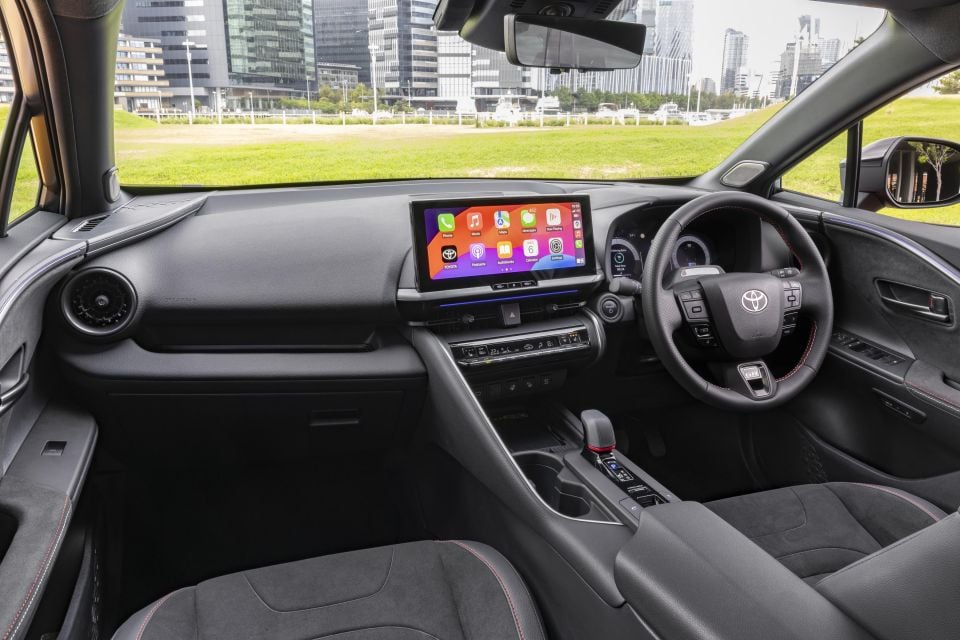
C-HR GR Sport adds:
The C-HR has a five-star safety rating from ANCAP, based on testing conducted earlier this year.
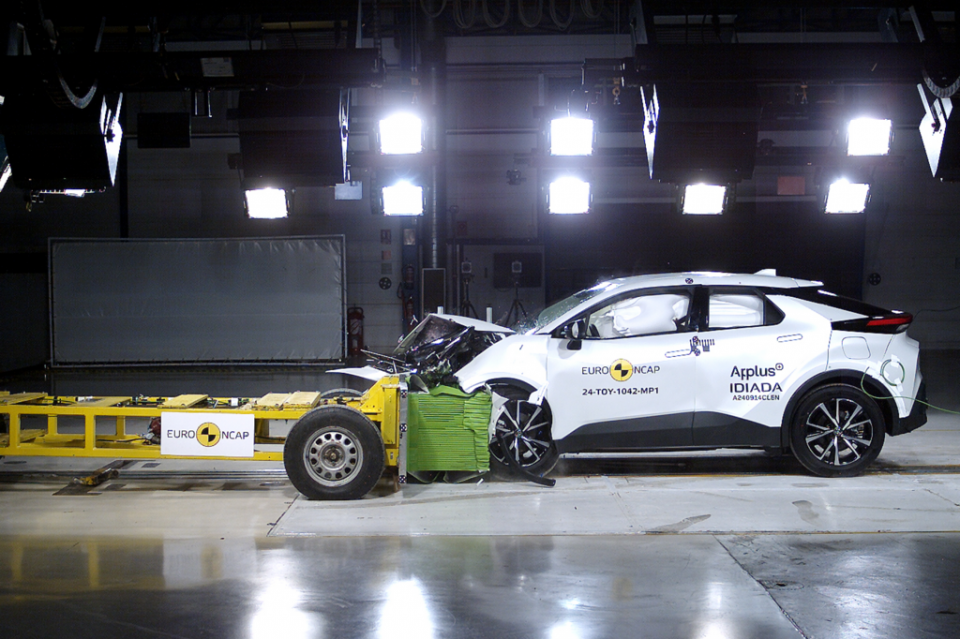
| Category | Toyota C-HR GR Sport |
|---|---|
| Adult occupant protection | 34.04 out of 40 (85 per cent) |
| Child occupant protection | 43.59 out of 49 (88 per cent) |
| Vulnerable road user protection | 54.36 out of 63 (86 per cent) |
| Safety assist | 14.83 out of 18 (82 per cent) |
Standard safety equipment includes:
The C-HR is covered by Toyota’s five-year, unlimited-kilometre new vehicle warranty.
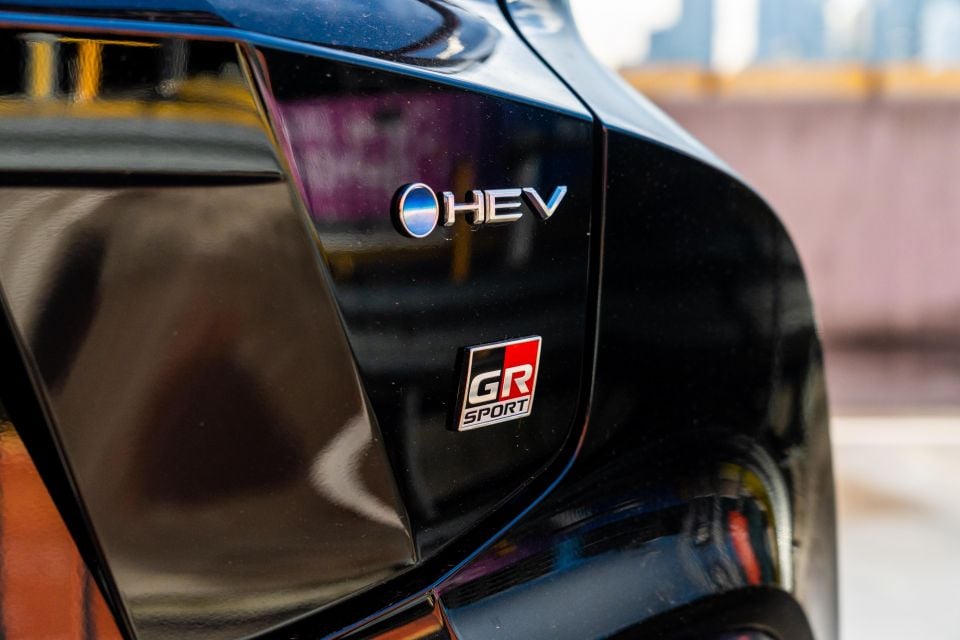
Toyota offers an additional two years of engine and driveline warranty if your vehicle is “properly serviced and maintained as per the Warranty and Service book”, and will guarantee the hybrid battery for up to 10 years under the same maintenance conditions.
Just one year of Toyota Connected Services is included with purchase, with monthly paid subscriptions required after that initial 12-month period for various net-based features.
| Running costs | Toyota C-HR GR Sport |
|---|---|
| Warranty | 5 years, unlimited kilometres |
| Roadside assistance | Paid |
| Service intervals | 12 months or 15,000km |
| Capped price servicing | $250 per service for 5 years |
| Total capped price service cost | $1250 |
Buy your new car without the stress. It's fast, simple and completely free.

Great service from Travis and team, second time I have used this business would not hesitate to recommend them to anyone
Craig C.
Purchased a Ford Ranger in Sunshine Coast, QLD
CarExpert helped Craig save $7,224 on his Ford Ranger, now let us save you on your next new car.
Get your BEST priceThe C-HR GR Sport is a stylish and comfortable crossover SUV, but it falls short in a couple of key areas.
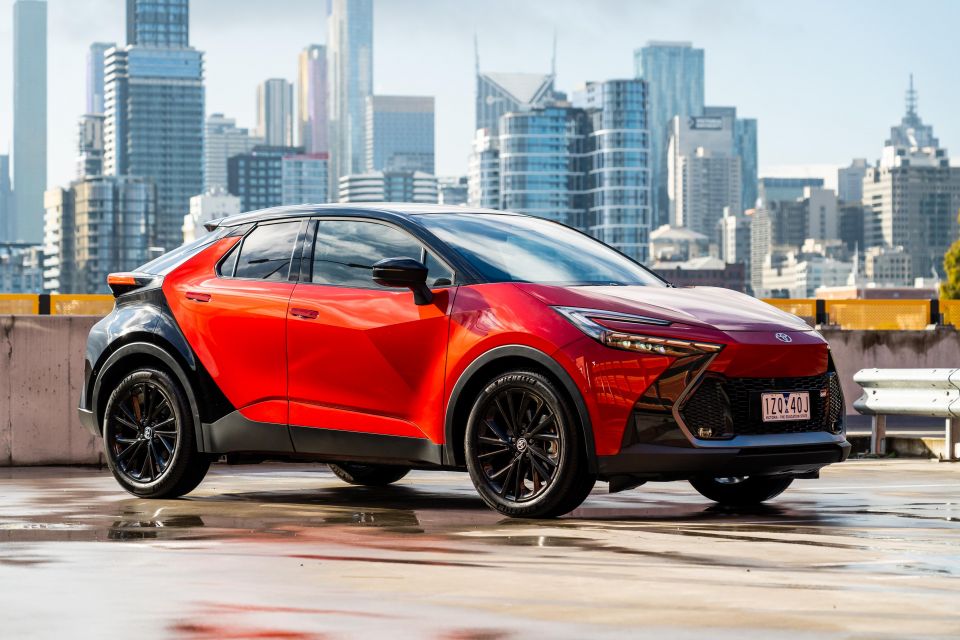
Rather than adding the sporty spice that you’d expect from the Gazoo Racing badge, the GR Sport mostly benefits from aesthetic and interior upgrades that improve the ambience, and not much else.
Sure, the powertrain has been upgraded to give the flagship a healthy 145kW, but it doesn’t pair well with the not-so-sporty CVT transmission.
Those complaints fade at low speeds – the C-HR feels most fun when zipping around the city.
The interior of this peculiar vehicle is equally confusing. As a daily runabout for a bachelor/bachelorette or couple, the C-HR excels. In GR Sport specification it’s plush, decked out with modern tech and ergonomically sound.
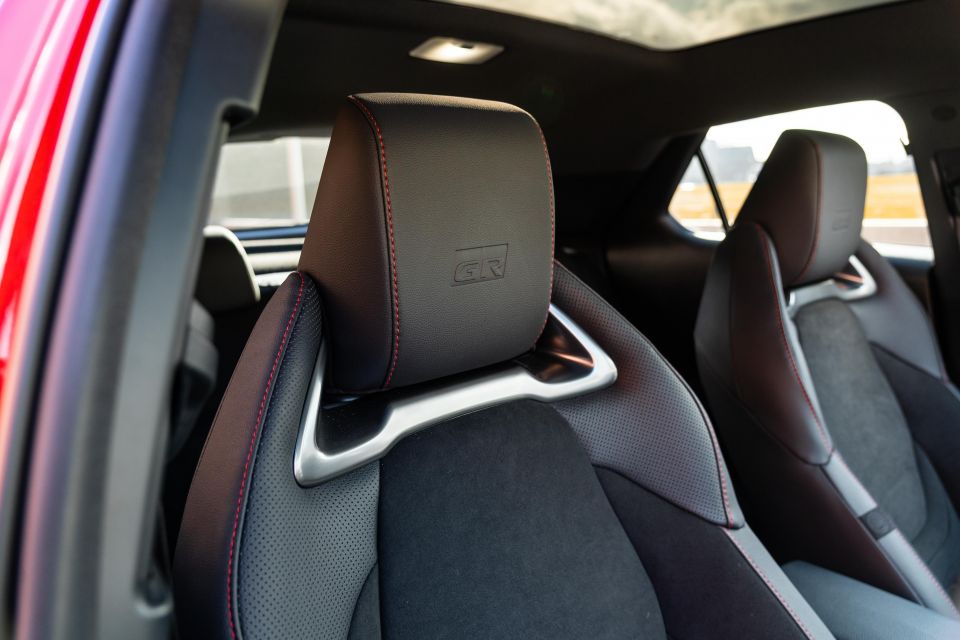
However, the cramped, spartan second row and small boot rules it out as a family car. Then there’s the price. At nearly $55,000 plus on-road costs, the GR Sport is swimming with big fish in a crowded pond.
The Lexus LBX Sports Luxury offers Toyota underpinnings, a similar ethos and extra street cred for the same outlay, while the Cupra Formentor V is bigger and has some bite to match the bark.
A Nissan Qashqai e-Power is cheaper and competitive on efficiency. After a stylish all-rounder? Try the Mazda CX-30 or Volkswagen T-Roc. You’re even in Tesla Model Y territory – and the list goes on.
The Toyota C-HR GR Sport is a thoroughly enjoyable car to drive, but its talents are limited and lower model grades offer better value. Pocket $5000 and get behind the wheel of a Koba, or narrow your buying criteria and shop around.
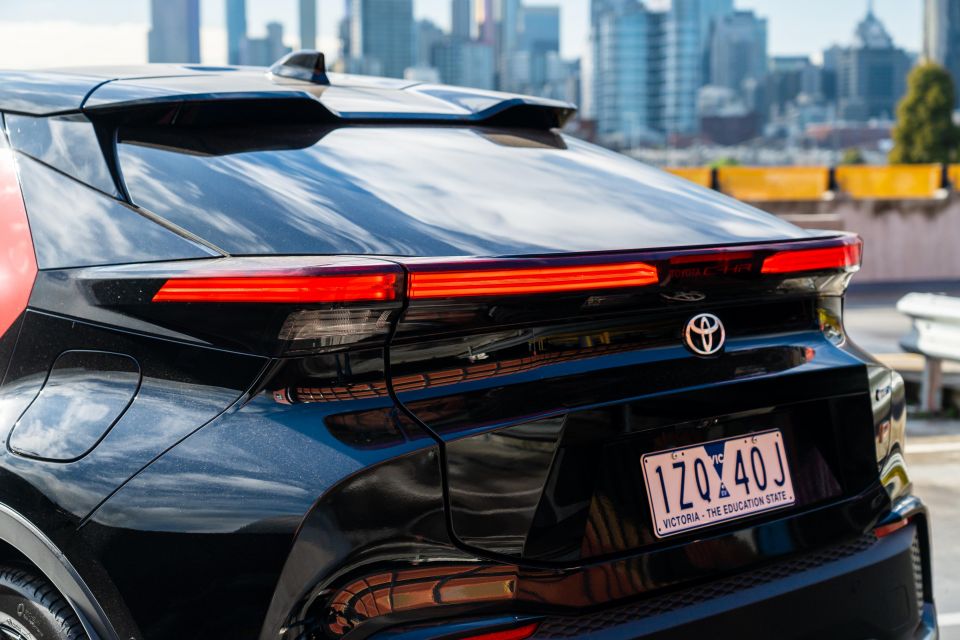
Click the images for the full gallery
MORE: Buy a Toyota C-HR MORE: Everything Toyota C-HR
Where expert car reviews meet expert car buying – CarExpert gives you trusted advice, personalised service and real savings on your next new car.
Josh Nevett is an automotive journalist based in Melbourne, Australia. Josh studied journalism at The University of Melbourne and has a passion for performance cars, especially those of the 2000s. Away from the office you will either find him on the cricket field or at the MCG cheering on his beloved Melbourne Demons.


Josh Nevett
1 Month Ago
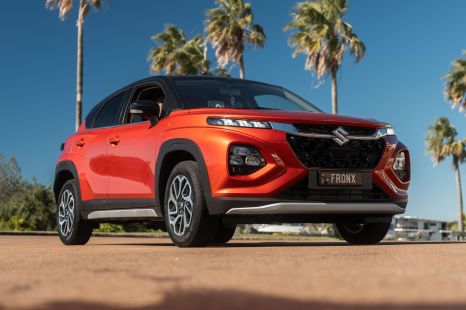

William Stopford
1 Month Ago
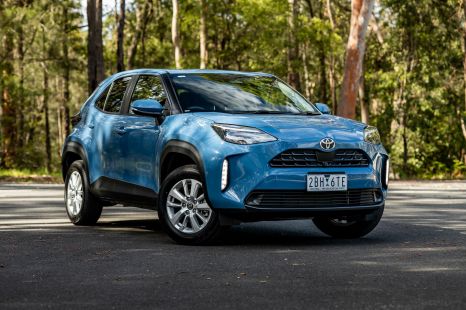

Matt Campbell
1 Month Ago
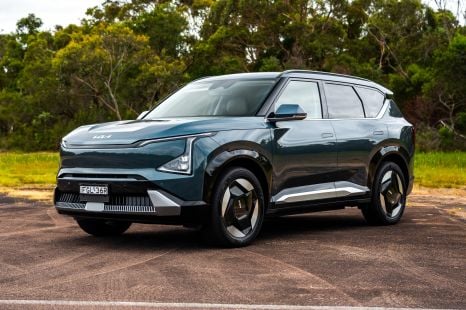

James Wong
27 Days Ago
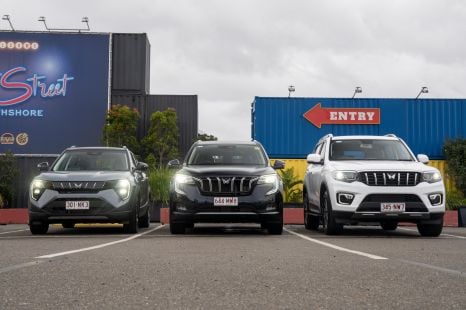

CarExpert.com.au
21 Days Ago
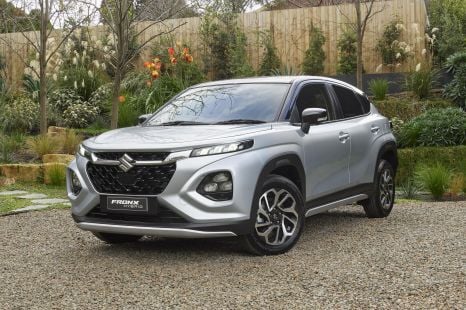

William Stopford
12 Days Ago